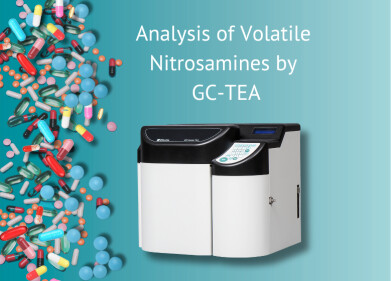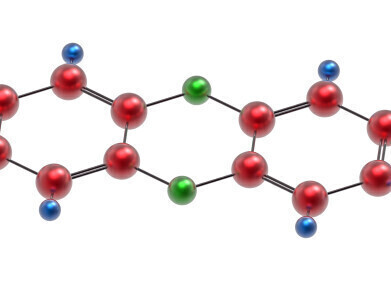GC-MS
Can Radiotherapy Damage Your Lungs? - Chromatography Investigates
Nov 19 2019
A recent paper published in the journal Dose Response has looked at the damage done to lungs when a patient undergoes certain radiotherapy procedures. Radiotherapy is a common treatment used to kill cancer cells in the body. But sometimes, the process can cause damage to other tissues and cells. The researchers used metabolomics to look the damage caused to lungs and to look at the changes to the metabolites and whether those changes could be used to suggest biomarkers for future use.
Radiotherapy - killing cancer cells
Radiotherapy is used in the treatment of some cancers. It works by damaging the cancer cells to stop them growing or spreading. It can be used both in the early stages and after the cancer has started to spread. Radiotherapy is an effective treatment of cancer, but how effective it is varies between people.
Radiotherapy can be administered in several ways. The main methods used are:
- external radiotherapy - a beam of radiation is directed at the cancerous cells from a machine.
- brachytherapy - implants of radioactive metal are placed inside the body near the site of the cancer
- radioisotope therapy - a radioactive liquid is swallowed or injected into the blood.
But there can be problems with radiotherapy in that it can affect healthy cells as well as cancerous cells. In the research referenced above, a team from the Anshan Cancer Hospital, China looked to understand more about radiation induced lung damage from the perspective of metabolism.
Metabolomics looking at small molecules
Metabolomics is the study of small molecules or metabolites in cells, tissues or organisms. This collection of molecules along with the interactions between them can tell us a great deal about an organism. The metabolites and their interactions form the metabolome. The metabolites and their interactions directly relate the biochemistry that is happening at the moment of sampling - giving an indication of the state of cells and tissues and thus whether they are healthy or unhealthy. It is metabolomics that the team from Anshan hope to interrogate to find out how healthy lung tissue is after radiotherapy.
Gas chromatography examines the state of play
The team studied the effect of radiation therapy using rats as a model. They applied a dose of radiation to the right lungs of the rats, using the left lungs as controls. One week later, the lung tissues were sampled and metabolites analysed using gas chromatography-mass spectrometry. A powerful technique as discussed in the article, Workflow solution for antidoping analysis including steroids in urine with GC-QqQ and GC-HRAM. The researchers report: this study provides evidence that irradiation induces metabolic alterations in the irradiated lungs of rats. The work has increased the knowledge and understanding of radiation induced lung injury.
Events
Jan 20 2025 Amsterdam, Netherlands
Feb 03 2025 Dubai, UAE
Feb 05 2025 Guangzhou, China
Mar 01 2025 Boston, MA, USA
Mar 04 2025 Berlin, Germany














